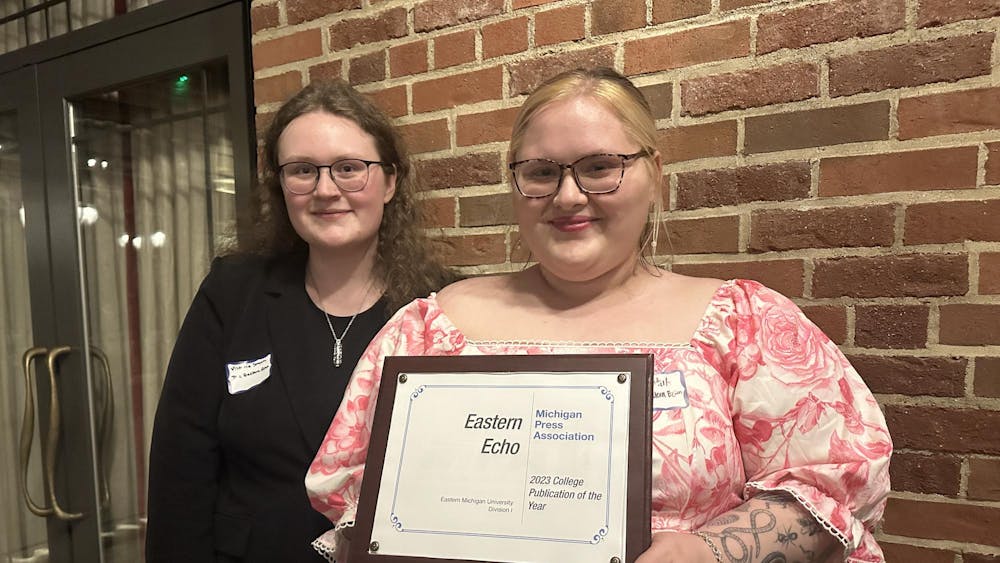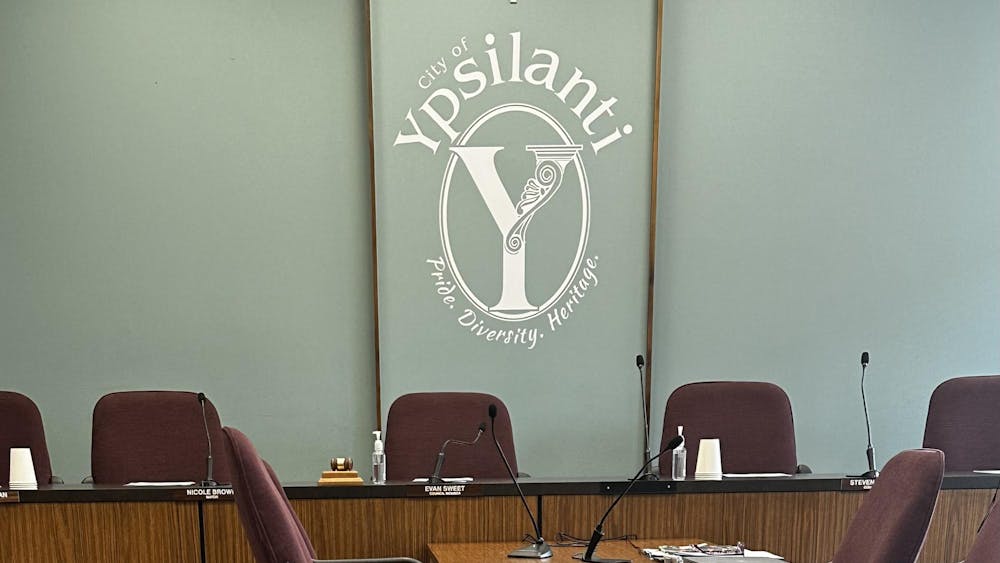As soon as I was old enough to say the word, my mother sat me down and told me I was adopted. I was six years old and I remembered my mother reading me age-appropriate books about what it meant to be adopted. I thought that made me special and began to tell others in my class that I was adopted.
Everyone knows kids can be cruel sometimes and not really understand. So, while most children didn’t know what the word meant, the ones who did asked me all kinds of questions. I felt like I was on an exhibit or something.
I would get questions like, “So your mommy and daddy are not your real mommy and daddy?” I didn’t know how to respond most times to the questions, and would come home asking my parents what to say.
It also didn’t help that I was constantly told how much I didn’t look like my parents. Strangers would look at my mother and I after she would introduce me and would say, “That’s your daughter?”
The reason for these questions would be because both my parents are black and I’m multiracial. Like any proud parent, my father would keep pictures of his children around his office. Some of the African-American women he worked with automatically assumed that my mother was indeed Caucasian. Now that I’m grown up, we laugh about the situation when he tells about all the mean stares he would get from the women in his office.
I was adopted when I was two months old. To me, my parents are as real as they could ever get, and my family is indeed my “real” family.
As a ’80s child, I was grateful to be born in a time of progression away from traditional norms, but it would still hurt for my family and I to hear comments about how different I looked and about them being my “real” family.
The comments were always made from strangers of all ages, demographics and ethnicities. The older I became, the more I got used to it and would even joke about it, much to strangers’ confusion and at times, annoyance.
To say I am lucky is an understatement. I am extremely grateful to have the parents I have. I always say they are the best parents a girl could ever ask for, and I couldn’t have picked better if I tried.
But, every once in a while, I wonder who my biological parents are. Are they nice? Are they successful? Are they happy? Who are they? Under no circumstances will anyone ever be able to take the place of my parents, but I would love to meet the two people who literally created me.
I have always felt this void in my life about not really knowing who I really was as well. My parents would tell me that I was mixed, my friends would affectionately call me a mutt, and strangers loved to try to guess my nationality.
For a while, I would tell people that I was mixed with four different nationalities, with African-American being one of them of course. But the truth being told, I really didn’t know. And I didn’t feel as if I fit in with any group.
Of course, I was nice and got along with pretty much everyone, but I never felt as if I truly fit in with anyone.
For this reason, I have decided to start the process of finding my birth parents, in the hopes of closing the chapter of confusion and lack of knowledge, and also finding out some much-needed answers.
According to Michigan law, an adoptive child is well within his or her rights to get the names and last-known addresses of her birth parents, unless there is something within the papers that deny it.
After a needed conversation with the two people that have been there for me since day one, I will begin the process by obtaining the documents from the court and county my adoption was finalized and go from there. And who knows? Like my father told me, I could not only get the answers I am seeking, but this experience can open up a new chapter and a wonderful adventure for me. All I can say is: let the journey begin.
For more information about Jaleesa’s story, stay tuned to The Eastern Echo.









